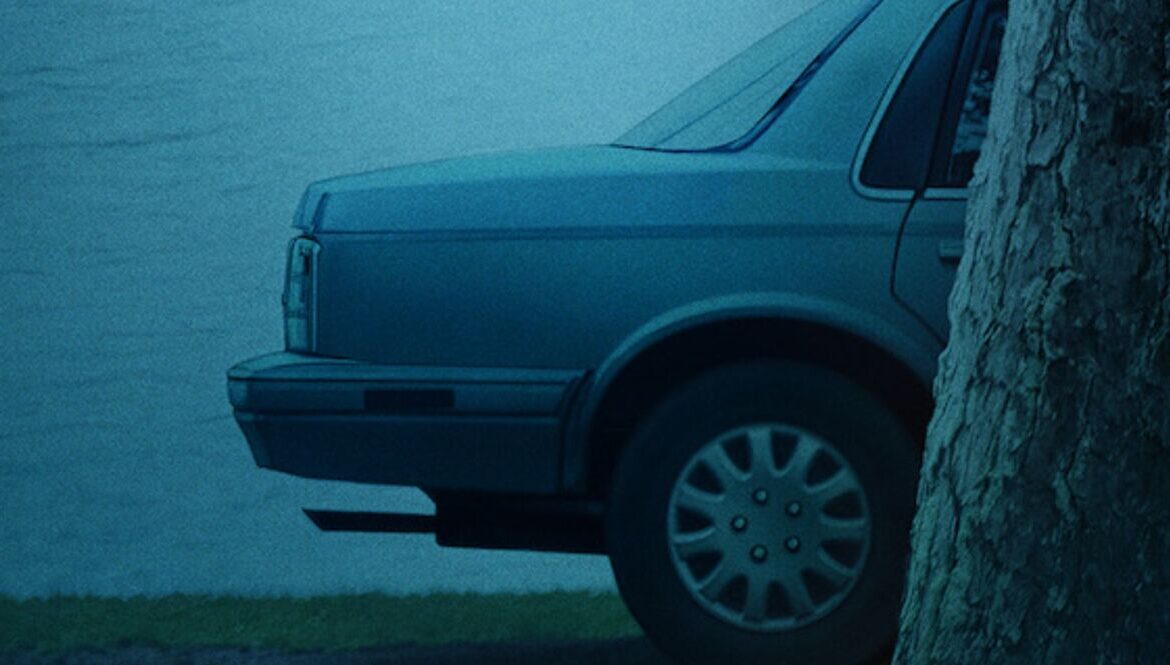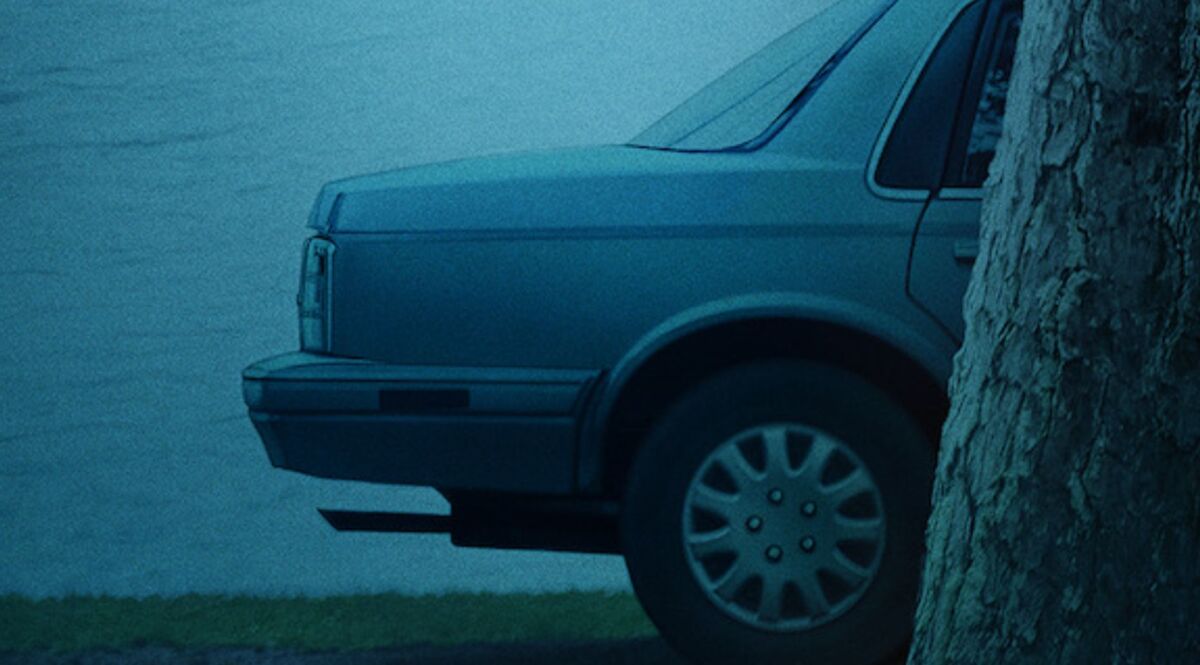Spoilers for Ozark: Season 4 – Part 2 follow.

The traditional concern with crime dramas like Ozark is that the audience will idolise the criminal protagonists – which was and is the case with your Tony Sopranos and Walter Whites, but it’s hard to imagine anyone looking at the washed-out existence of the Byrdes and thinking “yes, that’s what I want to be when I grow up”. But this time around, it’s not because it’s twisting the knife of all their various wrongs, instead it’s because there’s too much admin and endless negotiations.
When Ozark does still engage with the Byrdes’ nasty side, when they actually show a flicker of self-awareness instead of stampeding blindly after the plot’s next goal, it’s some of the strongest material in play. Left to their own devices, Marty and Wendy simply being stuck in traffic can escalate into a screaming meltdown, which is more enthralling viewing than anything with FBI high-ups speaking in gravelly voices. Nobody needs to idolise them to enjoy that.
But despite a truly deft hand at the outright farcical, Ozark never embraces that side of things. There is the occasional rare treat, but that only leaves a sour taste when you consider they could be doing that all the time. One particular reliable in this regard is of course when Jason Bateman approaches high-level criminal politics with the same floundering, stuttering, well-meaning-dad shtick he’s been doing since Arrested Development. “Uh, well, I understand why you feel that way, but, you know, killing entire families and selling heroin to schoolchildren is wrong…” etc., etc.
The obvious contrast to this is when it dedicates long, plodding chunks of screentime to what are essentially business meetings, named characters sitting around a table and laboriously narrating what’s going to happen next. Set it in a prison, involve all the cartel heads and g-men you like, all this signifiers of interesting crimes simply can’t make it interesting on their own.
What this reflects is that Ozark is very much an apartheid system, with a strict delineation between main characters and hoi polloi. By this point, four seasons in, you’ll be lucky if someone who hasn’t been there since the beginning even gets a speaking role. And those fortunate few who do are invariably family members of existing names and faces, which just seems like they’ve picked another one off the rack.
(And in any case end up rather limp replacements for some of the faces the show’s killed off in the past.)
There’s always been something of the stage play to Ozark – not just the beautiful simplicity of phrases like Julia Garner’s immortal “I don’t know shit about fuck”, but in this way that what should ostensibly be a large, sprawling plot is boiled down to a handful of essential dramatis personae. It is thus that you see high-ranking cartel figures doing their own murdering. By all real-world logic they should have legions of dimwitted street hoodlums to do it for them, but we are not operating on real-world logic, we are in the world of the performance.
For the same reason the geography has always been rather up in the air. Where, exactly, in the Ozarks are they? Who really cares? Ditto why the eight-hour commute between the Ozarks and Chicago is treated like a little outing you could probably do on a bike – although this time round, one of these jaunts is actually treated like the road trip it is, purely, it seems, to cement this one as actually important.
Occasionally this final outing has the feeling of a greatest hits reel, reliving past glories – most obviously when they drop in an indulgent flashback to the last moments of Wendy’s gentle, troubled brother Ben, who was praised as a highlight of the third season. The flashback adds nothing other than letting the man have yet another soliloquy as a car passenger, which tips their hand a little, making it all too clear they’re hoping to recapture the same magic.
You’ll have heard of the cargo cults of the South Pacific – innocent, grass-age islanders who suddenly found themselves swamped by American GIs during World War II. With the war over, many built their own primitive airfields and landing strips, in the hopes of making the planes full of food come back. Ozark has done something similar, slapping together a crude approximation and now baffled it doesn’t work the same way. And Ben’s other last ride is far from the only part that ends up stalled on the runway.
Even the cornerstone of the whole edifice that is Garner crumbles here. Ozark achieves a bit of poignancy when she looks back on all the members of her family who are now dead, only to ruin it completely when her cousin Three pops his head up, still very much alive but having been relegated to only the occasional cameo appearance. Here, again, is the cordon sanitaire between main and ancillary characters, but when applied to what’s meant to be a close-knit familial relationship it’s nauseating.
In this sort of prestige crime drama, there’s always the expectation our criminal protagonists will receive some sort of a comeuppance by the end, be that legal or fatal. That’s what The Sopranos was playing with in its famous cut to black, and what Breaking Bad – in whose mould Ozark was always following – fully embraced.
Now, I have been trying my hardest not to spoil, or even allude to spoiling, any of the main plot developments of Ozark’s final trip to the lake. After all, this is the big finale, what everyone’s been waiting for, and would be like giving away how Game of Thrones ended with Sean Bean and Mark Addy finally kissing.
(Speaking of Game of Thrones, Ozark’s big final season has also frequently made proceedings too dark to see.)
But, without entering into specifics, the best way I can describe Ozark’s ending is that it doesn’t seem completely sure it would really have one. Which is a shocker from something which, as I’ve established, is so stagey and flamboyantly dramatic in so many other ways. This is the point where they could, and ought to be, going all out, no holds barred, letting things finally show all that explosive potential.
Instead it goes through the motions until it finally sputters out. Any tying up of loose ends (which may or may not happen, no spoilers here) all seems desperately unceremonious – not even in a banal, everyday fashion, which would have a point to it, but in a perfunctory fashion, where this plot point is happening now, and there we go, it’s happened.
So, there is Ozark’s epitaph. There we go, it’s happened. Now give Garner a leading role less insufferable than Inventing Anna turned out to be.
READ MORE: 15 Best British Sketch Shows of All Time
Some of the coverage you find on Cultured Vultures contains affiliate links, which provide us with small commissions based on purchases made from visiting our site.


